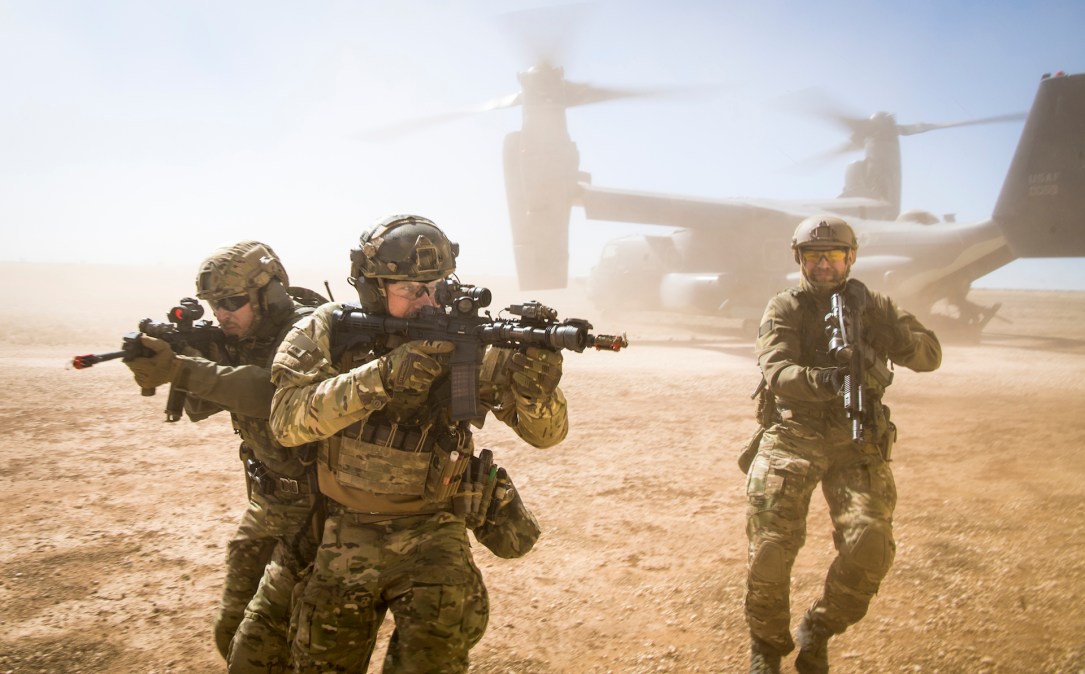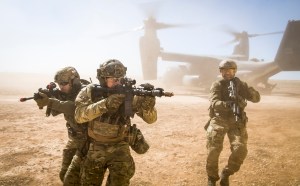Expect SOCOM to be at the spearhead of AI testing in DOD

U.S. Special Operations Command, the military’s elite joint force of fighters that operates globally, will be the test bed for new artificial intelligence applications in warfare, its commander said Monday.
Army Gen. Richard Clarke said that SOCOM will be the first in the Department of Defense to be fully AI-enabled, using the emerging technology on everything from maintenance to fighting.
“We are going to keep putting our money where our mouth is,” Clarke said during a Hudson virtual event on AI in the military. “SOCOM is going to continue to be a pathfinder on unique, repeatable, actual real-world problems we are going to be fighting and make sure we can apply them into the future.”
The combatant command, headquartered in Tampa Bay, Florida, has special acquisition and technology authorities that allow it to purchase and test tech more easily than other parts of the military. And it operates outside traditional theaters of war, giving it more testing grounds in real-life operations.
Overall, SOCOM is interested in working on new technology that can help leaders make decisions faster and win in the “information environment,” Clarke said.
The command has already been the first adopter of some forms of AI, such as image detection developed through Project Maven. Clarke predicted SOCOM will move to testing more communications and command-and-control technology as the military works to develop new AI-powered network-of-network systems.
Clarke emphasized that SOCOM will test products and ideas that could one day be scaled for the whole department and not only test products for its own applications. Clarke commended enterprisewide AI organizations like the Joint AI Center for their help in setting up new AI projects across the DOD. But while the JAIC provides support and technical expertise, SOCOM’s operators and commanders will be the ones to find out if the novel technologies are useful.
Winning in the information environment traditionally has meant influence campaigns and other messaging operations. Now, Clarke said, it also includes using big data that comes from sensors throughout a battlefield to inform commanders to make decisions faster, to allow targeters to be more precise and and to push the character of warfare to a more technology-driven pace.
“You can use artificial intelligence to speed up targeting in a much broader Department of Defense capability and advantage for the future,” he said.
But, all the possible uses cases come down to the ability for the DOD to upgrade basic tech infrastructure, like getting cloud and data access across the force.
“We are going to have to make sure that we are updating infrastructure,” Clarke said, along wth policies “that will apply to data, that will apply to make sure we have cloud — multiple clouds — and the ability to search open source data along with secret and top secret.”





